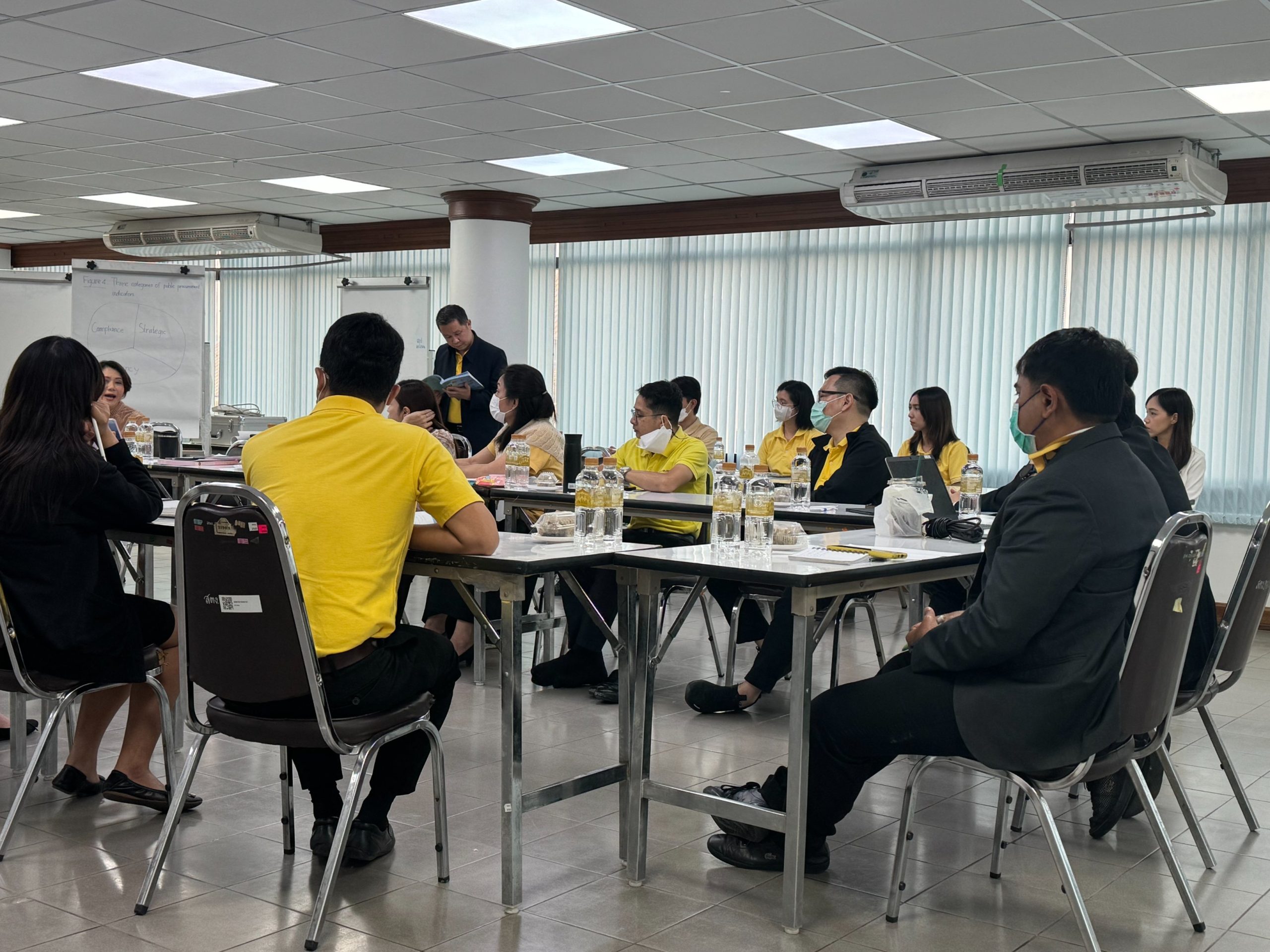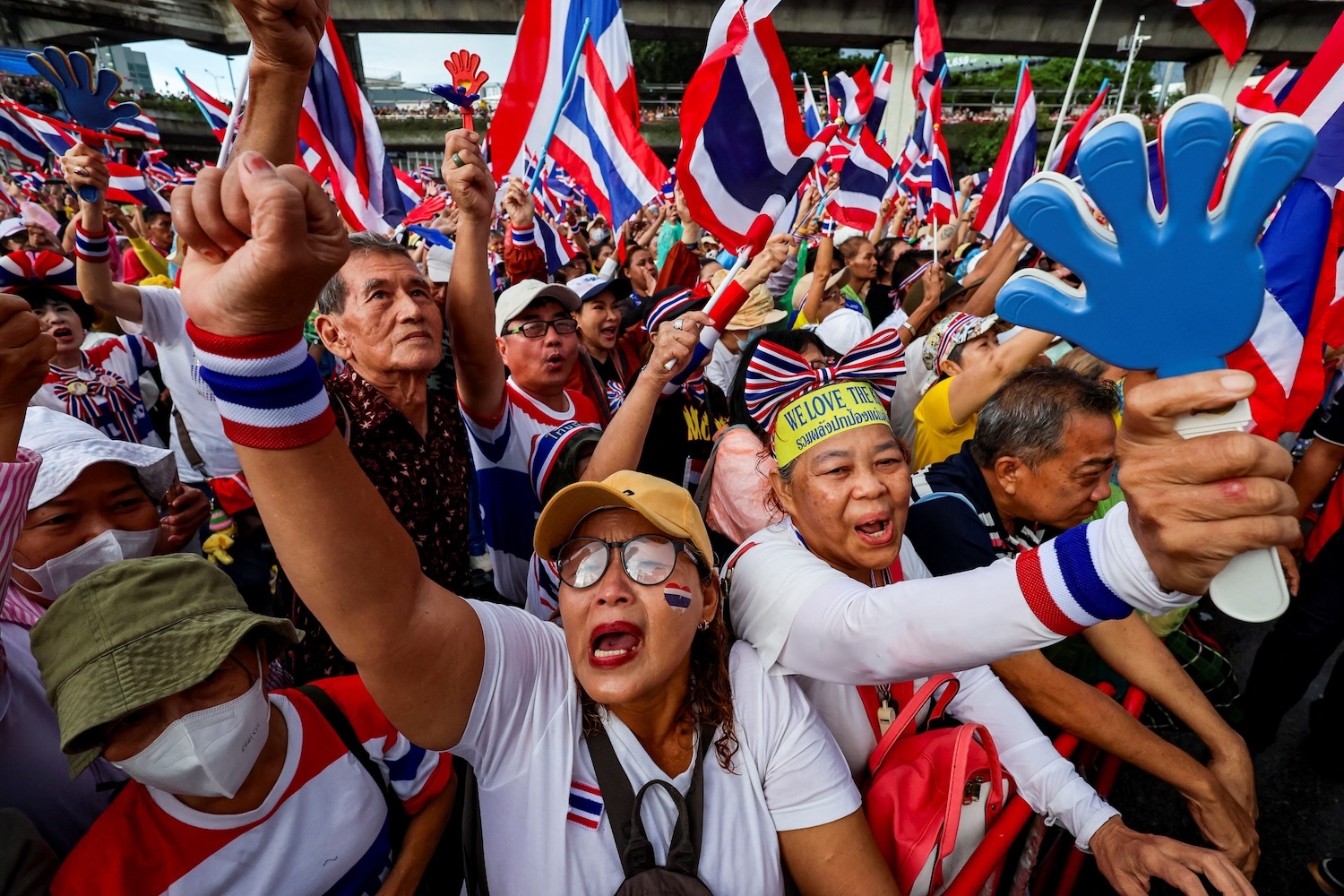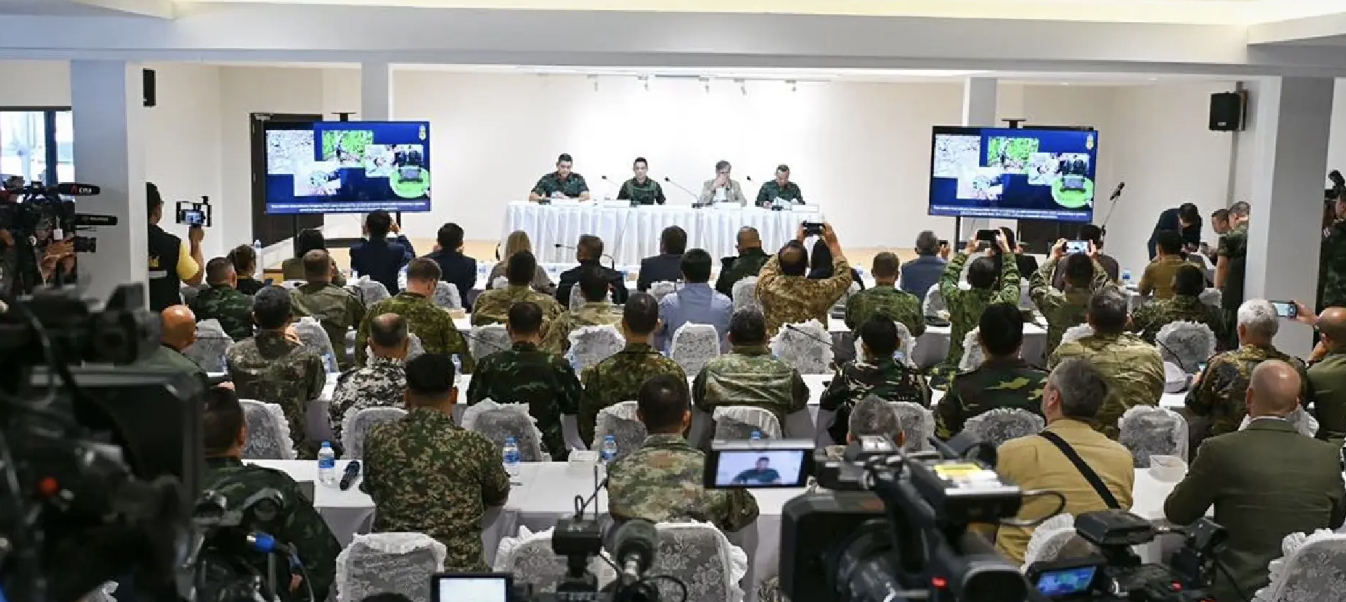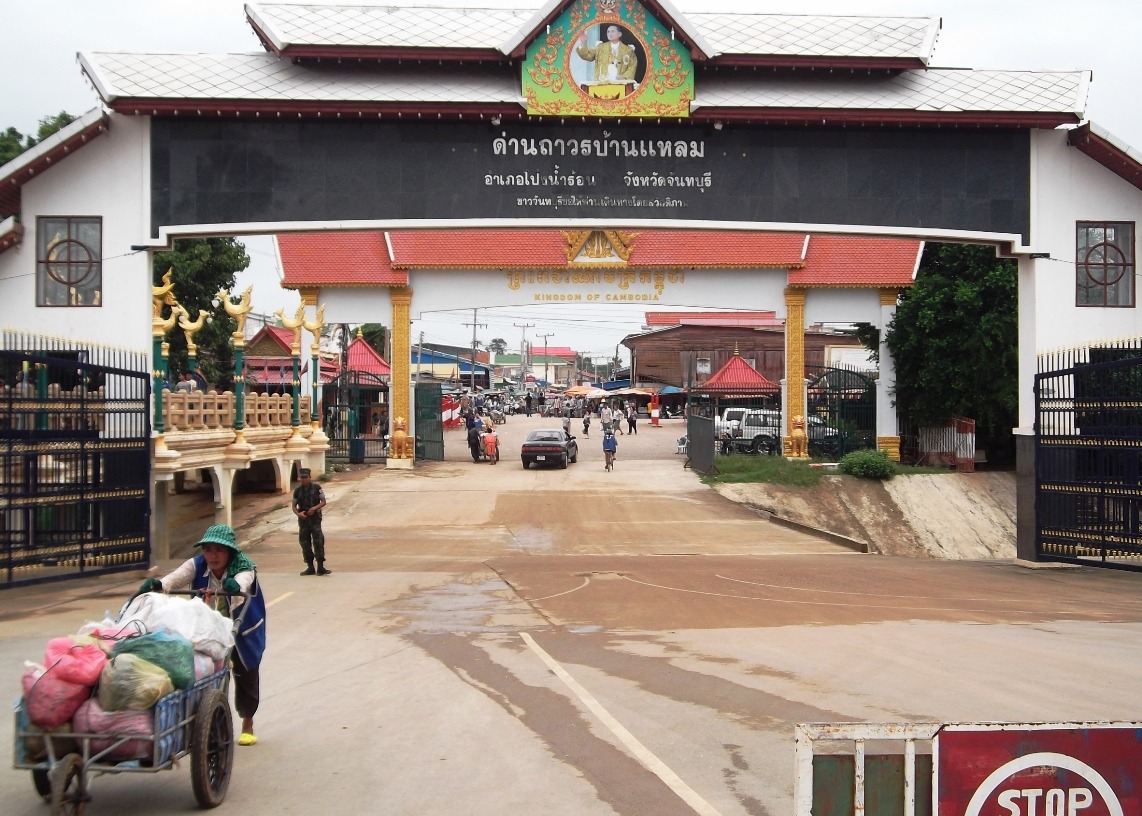Unprecedented Alliance Formed
Three Agencies Join Forces
In a groundbreaking move, Thailand’s National Anti-Corruption Commission (NACC), State Audit Office (SAO), and Public Sector Anti-Corruption Commission (PACC) have united to combat corruption in large-scale government procurement projects. This alliance, formalized through a memorandum of understanding, aims to scrutinize mega-projects for signs of policy-oriented corruption.
Cutting-Edge Audit System Deployed
Technology-Driven Corruption Detection
The cooperation centers are implementing an advanced audit system designed to detect early signs of graft. This innovative approach allows for information sharing between state agencies and non-governmental organizations, creating a robust network to prevent corruption before it takes root.
Focus on High-Value Projects
Infrastructure and Energy Sectors Targeted
The alliance will concentrate its efforts on analyzing government initiatives in infrastructure, transport, energy, and public utility development. These sectors, which require substantial funding, have been identified as particularly vulnerable to corrupt practices.
Preventive Measures Emphasized
Proactive Approach to Governance
The SAO is enhancing its “preventive audit” mechanism, shifting from reactive measures to proactive surveillance. This strategy aims to foster good governance and ensure responsible use of state budgets and taxpayer funds.
Risk Assessment Mechanisms in Place
PACC’s Innovative Evaluation Tool
The PACC has already implemented a corruption risk assessment mechanism specifically designed for large-scale government investment projects. This tool will be instrumental in the collaborative efforts of the three agencies to identify and mitigate potential policy-oriented graft.
Transparency and Accountability Enhanced
Public Access to Project Information
As part of the initiative, government agencies are required to publish 40 data points online for each project, covering all stages from identification to completion. This unprecedented level of transparency allows for public scrutiny and helps deter corrupt practices.
Lowered Thresholds for Compliance
Stricter Standards for Businesses
Recent updates to anti-corruption standards have lowered the project budget threshold requiring compliance to 300 million baht, down from 500 million. This change ensures that a wider range of projects falls under the purview of these stringent anti-corruption measures.
Annual Training and Policy Reviews
Continuous Improvement in Anti-Corruption Efforts
Businesses involved in public procurement are now required to conduct annual anti-corruption training for their staff and review their anti-corruption standards every three years. These measures aim to keep anti-corruption efforts current and effective.
Certification Options for Businesses
Recognizing Commitment to Integrity
Companies now have the option to seek certification for their anti-corruption standards from ACCC-approved organizations. This includes internationally recognized certifications like ISO 37001, providing a clear demonstration of a company’s commitment to ethical practices.









